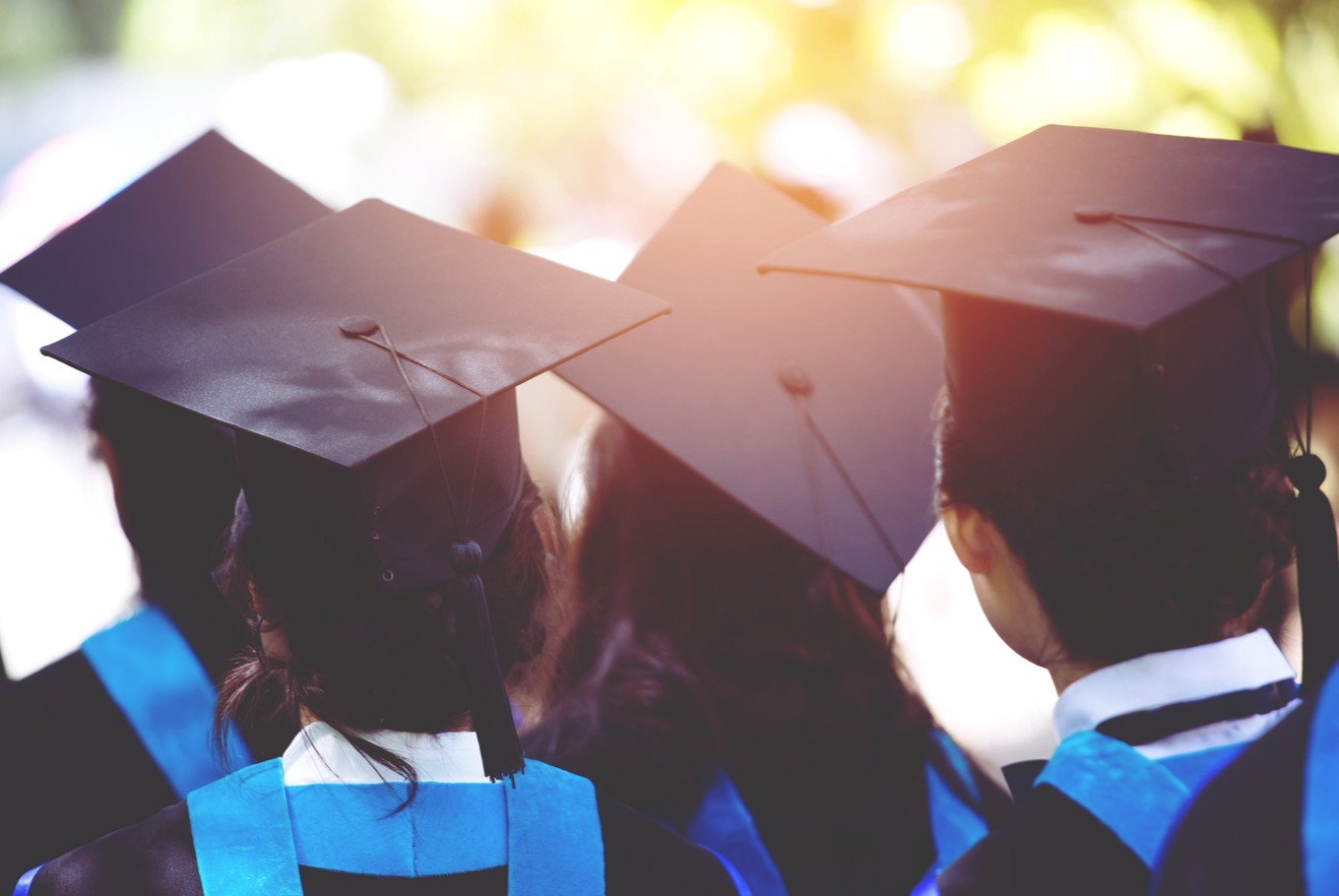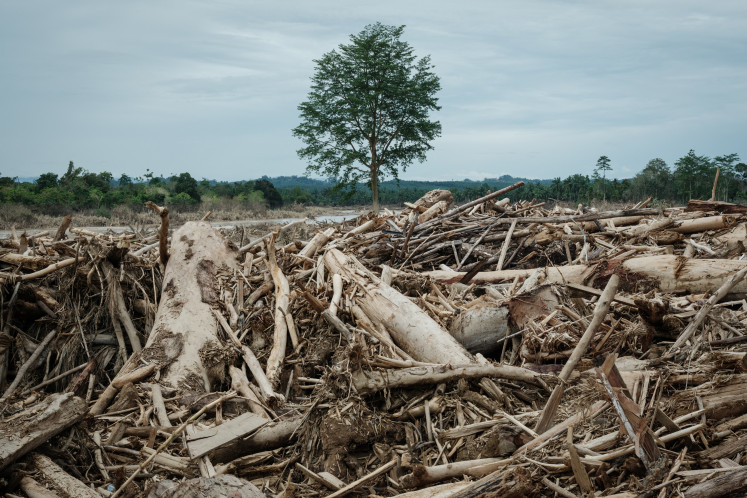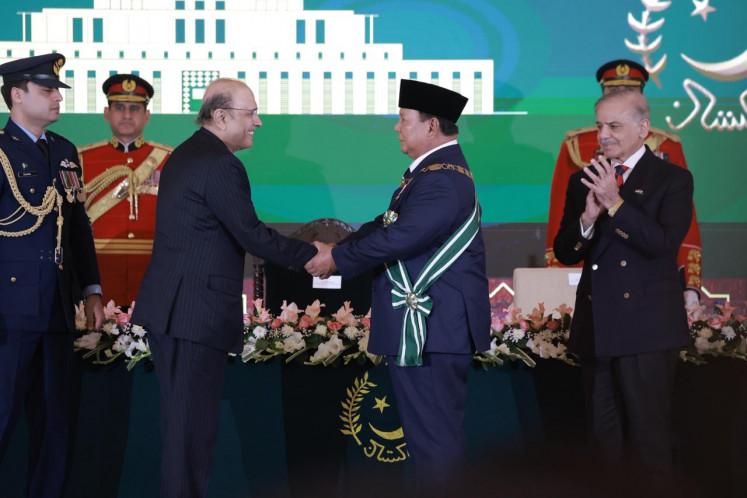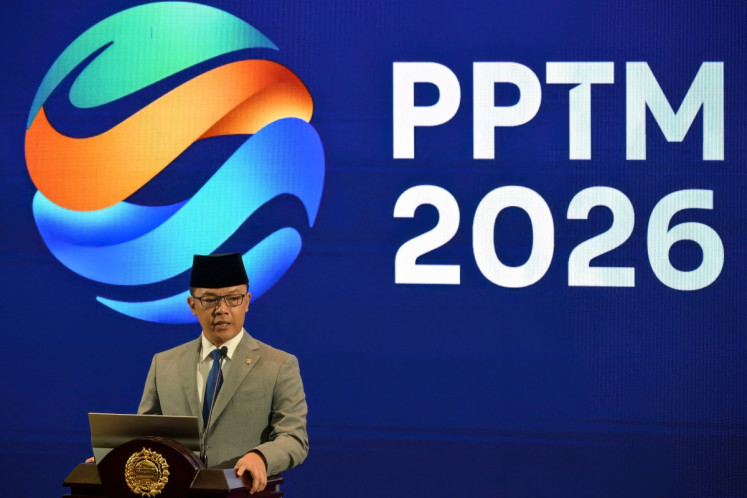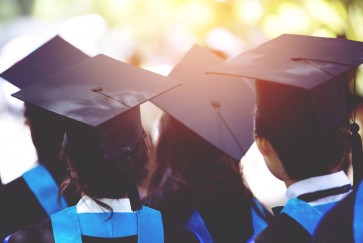Popular Reads
Top Results
Can't find what you're looking for?
View all search resultsPopular Reads
Top Results
Can't find what you're looking for?
View all search resultsAustralia-ASEAN summit: Give education a boost
Indonesia may need to reconsider various education and language policies that relate to internationalization, especially at the level of tertiary education.
Change text size
Gift Premium Articles
to Anyone
O
n March 17 and 18, ASEAN will be holding talks with representatives of the Australian government. The talks are a chance for Australia and its Southeast Asian neighbors — above all, Indonesia — to re-imagine their relationships in a range of fields.
Without a doubt, in this Trump era atmosphere and its threat of tariff wars, trade is the most likely focus. But such talks also offer the opportunity to consider other issues, including the key areas of education.
There are reasons to be concerned about this particular relationship. On the Australian end, relatively high numbers of undergraduate students and postgraduate (mainly scholarship) students continue to study at Australian universities. But, unlike 20 years ago, they are concentrated to a limited number of large inner-city institutions in major metropolitan areas.
As a result, their experience of the Land Down Under is limited and skewed to a particular version of Australia. The number of Australian students studying in Indonesia, and especially those staying for longer periods of at least a semester, remains small. Moreover, the number of those coming away with high-level skills in Indonesian is smaller still, because the quality of exposure students have before coming to Indonesia is lower that it was at the high-water mark of the Keating era in the 1990s.

